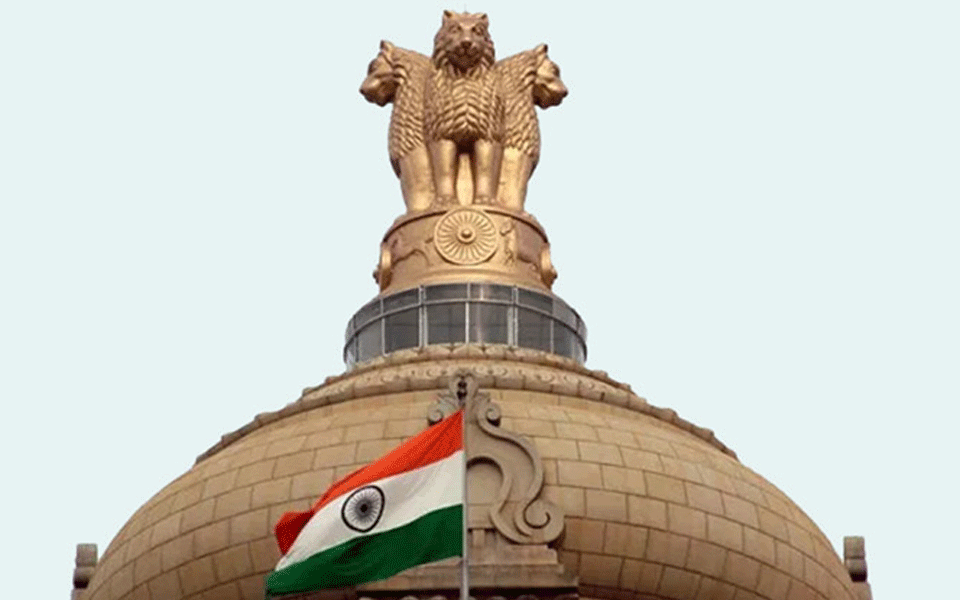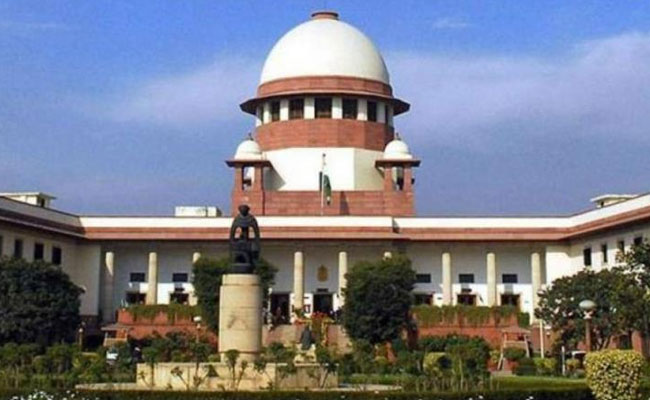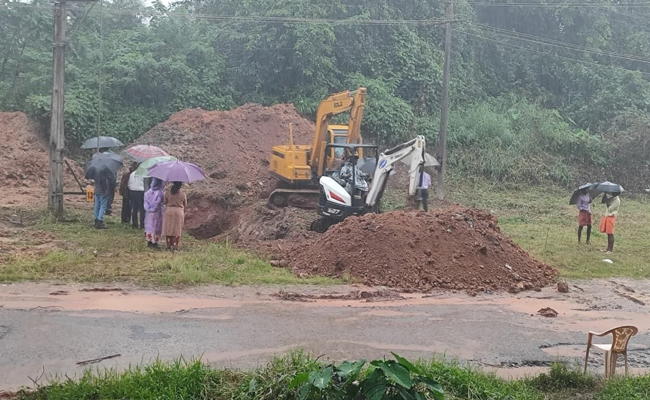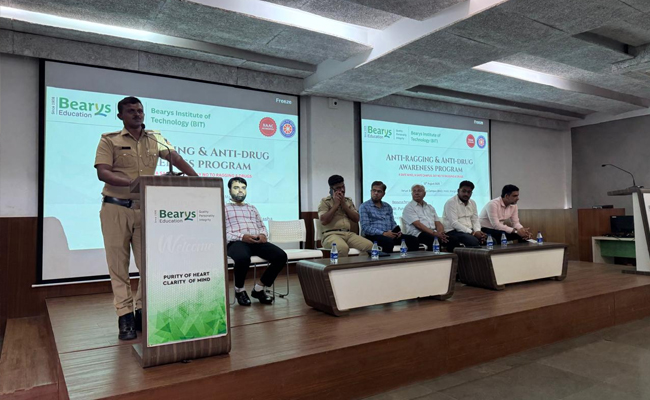New Delhi: Only 153 IAS officers were appointed on central deputation under the central staffing scheme (CSS) in 2018-19, the lowest in the last five years, according to the latest data of personnel ministry. A total of 340 IAS officers were appointed under the CSS during 2014-15 as against 320 in 2015-16 and 247 during 2016-17, it said.
As many as 211 officers of the Indian Administrative Service were given posting at the Centre during 2017-18, said the annual report of the ministry.
The central staffing scheme, which is in operation for decades, provides a systematic arrangement for selection and appointment of eligible officers from the participating services at the level of deputy secretary, director, joint secretary, additional secretary and secretary in the Central government.
To encourage officers from participating services, including the IAS, to come on CSS, official communications are issued twice a year requesting all cadre authorities to nominate eligible officers for deputation.
Giving details of other Group A services like the Indian Revenue Service (IRS) and Indian Postal Service among others, the ministry said 196 appointments were made under the CSS in 2014-15.
A total of 237 such officers were appointed on central deputation in 2015-16, 246 in 2016-17, 171 in 2017-18 and 195 in 2018-19, the data said.
The personnel ministry data also indicates shortfall in the central deputation reserve or CDR that shows the number of officers presently on central deputation from each cadre.
IAS, IPS and IFoS officers are allocated cadre which is either state, a group of state or/and union territories. The total authorised strength of IAS officers is 6,500 as on January 1, 2019 and the CDR is 1,381. Out of these 1,381 IAS officers, there were 507 IAS officers working at the Centre.
Of the central deputation reserve of 74 IAS officers for Bihar cadre, 38 officers were working at the Centre. A total of 17 IAS officers of Gujarat cadre were posted at the Centre against 64, the personnel ministry data said.
As many as 44 IAS officers of Uttar Pradesh cadre were at the Centre as against its CDR of 134, 22 of Tamil Nadu (against 81), 18 of Rajasthan (against 64), 15 of Punjab (against 48), 20 of Odisha (against 51), 24 of Maharashtra cadre (against 78) and 28 of Madhya Pradesh against its reserve of 90, it said.
Kerala had sent 31 IAS officers to the Centre as against 50, 20 from Karnataka cadre against 68, ten of Jharkhand (against 45), 13 from Jammu and Kashmir (against 30), 26 from Himachal Pradesh (against 32), 12 from Haryana (against 44), seven from Chhattisgarh against its reserve of 38, 34 from Assam-Meghalaya cadre (against its reserve of 57) and 18 of Andhra Pradesh against 46 IAS officers.
For north eastern states, there were 11 IAS officers of Tripura cadre working at the Centre against 21, seven in Sikkim against its reserve of 10, nine of Nagaland against 20 and 15 of Manipur against 24, the data said.
Let the Truth be known. If you read VB and like VB, please be a VB Supporter and Help us deliver the Truth to one and all.
New Delhi (PTI): The Supreme Court on Wednesday said the 11 documents required to be submitted by an elector for Bihar's special intensive revision (SIR) of electoral roll as opposed to seven documents in summary revision conducted previously showed the exercise was "voter friendly".
A bench of Justices Surya Kant and Joymalya Bagchi, which resumed hearing on a batch of pleas challenging the June 24 decision of Election Commission to conduct SIR in poll bound Bihar, said despite petitioners' arguments that non-acceptance of Aadhaar was exclusionary, it appeared the large number of documents was "actually inclusionary".
"The number of documents in summary revision conducted earlier in the state was seven and in SIR it is 11, which shows it is voter friendly. We understand your arguments that non-acceptance of Aadhaar is exclusionary but a high number of documents is actually inclusionary," the bench said.
The top court noted electors were required to submit any one of the 11 documents in the list.
Senior advocate Abhishek Singhvi, appearing for the petitioners, disagreed and submitted the number of documents may be high but they had the least coverage.
Giving an example of passport availability with the electors, Singhvi said it was only one to two per cent in Bihar and they have no provision for permanent resident certificates given in the state.
"If we see the availability of documents with the population in Bihar it can be seen the coverage is very low," he said.
The bench said the coverage of 36 lakh of passport holders in the state appears to be good.
"The list of documents is prepared normally after taking feedback from various government departments to ensure maximum coverage," Justice Bagchi pointed out.
On August 12, the top court said inclusion and exclusion of citizens or non-citizens from the electoral rolls was within the remit of the Election Commission and backed its stand to not accept Aadhaar and voter cards as conclusive proof of citizenship in the SIR of voters' list in Bihar.
As the row over the ongoing SIR escalated inside and outside Parliament, the top court also observed that the dispute was "largely a trust deficit issue” since the Election Commission(EC) has claimed that roughly 6.5 crore people of the total 7.9 crore voting population in poll-bound Bihar didn't have to file any documents for them or their parents featured in the 2003 electoral rolls.





